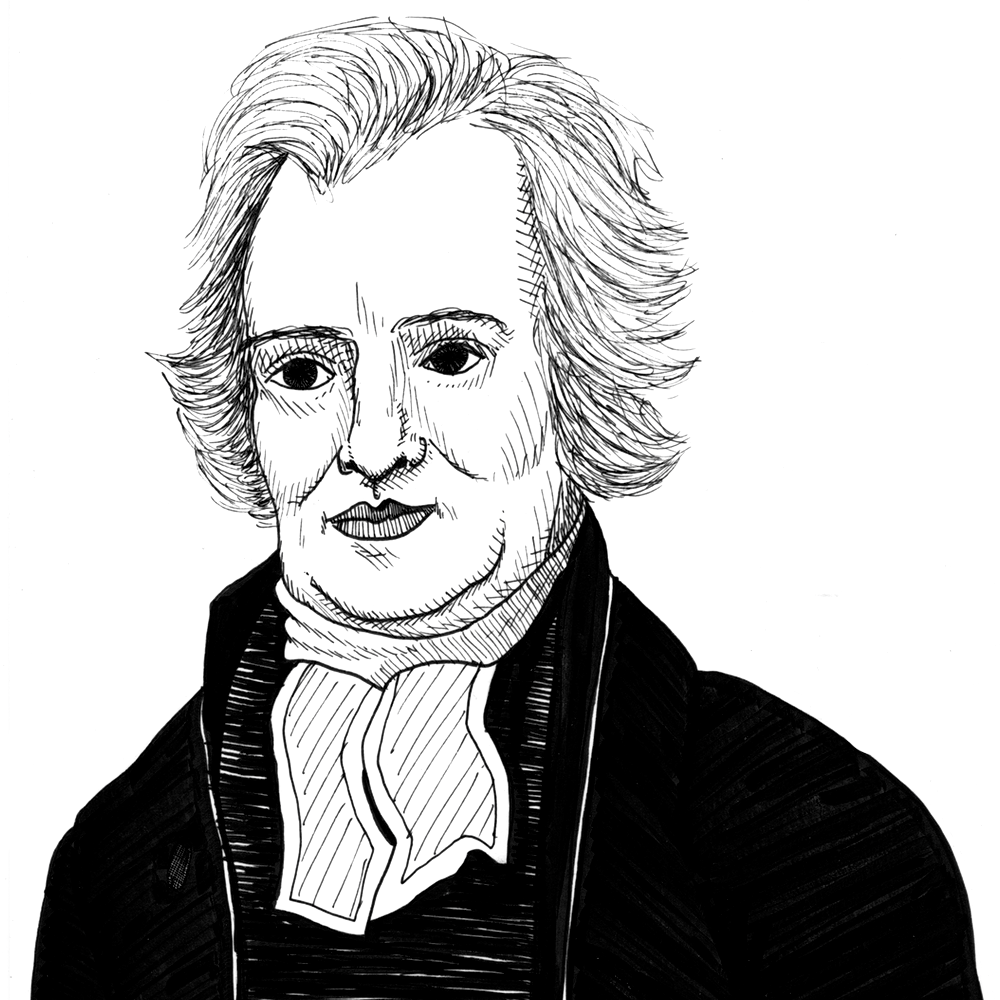
Vicesimus Knox on how the aristocracy and the “spirit of despotism” use the commemoration of the war dead for their own aims (1795)
Found in: The Works of Vicesimus Knox, vol. 5
The English minister Vicesimus Knox (1752-1821) condemned British aristocrats for pridefully decorating their graves with the symbols of their oppressive rule over the people. None was worse to his mind than their display of military prowess and conquest:
War & Peace
But both pride and folly should be permitted for me to enjoy their baubles unmolested, if they did not lead to cruelty. But pride and folly are the causes of war; therefore I hate them from my soul. They glory in destruction; and among the most frequent ornaments, even of our churches, (the very houses of peace,) are hung up on high trophies of war. Dead men (themselves subdued by the universal conqueror) are represented, by their surviving friends, as rejoicing, even in their graves, in the implements of manslaughter. Helmets, swords, and blood-stained flags hang over the grave, together with the escutcheons and marble monuments, emblematical of human ferocity; of those actions and passions which Christianity repudiates; for as well might oil and vinegar coalesce, as war and Christianity.
Spirit of despotism! I would laugh at all thy extravagances, thy solemn mummery, thy baby baubles, thy airs of insolence, thy finery and frippery, thy impotent insults over virtue, genius, and all personal merit, thy strutting, self-pleasing mien and language! I would consider them all with the eye of a Democritus, as affording a constant farce, an inexhaustible fund of merriment, did they not lead to the malevolent passions, which, in their effects, forge chains for men born free, plunder the poor of their property, and shed the blood of innocence.